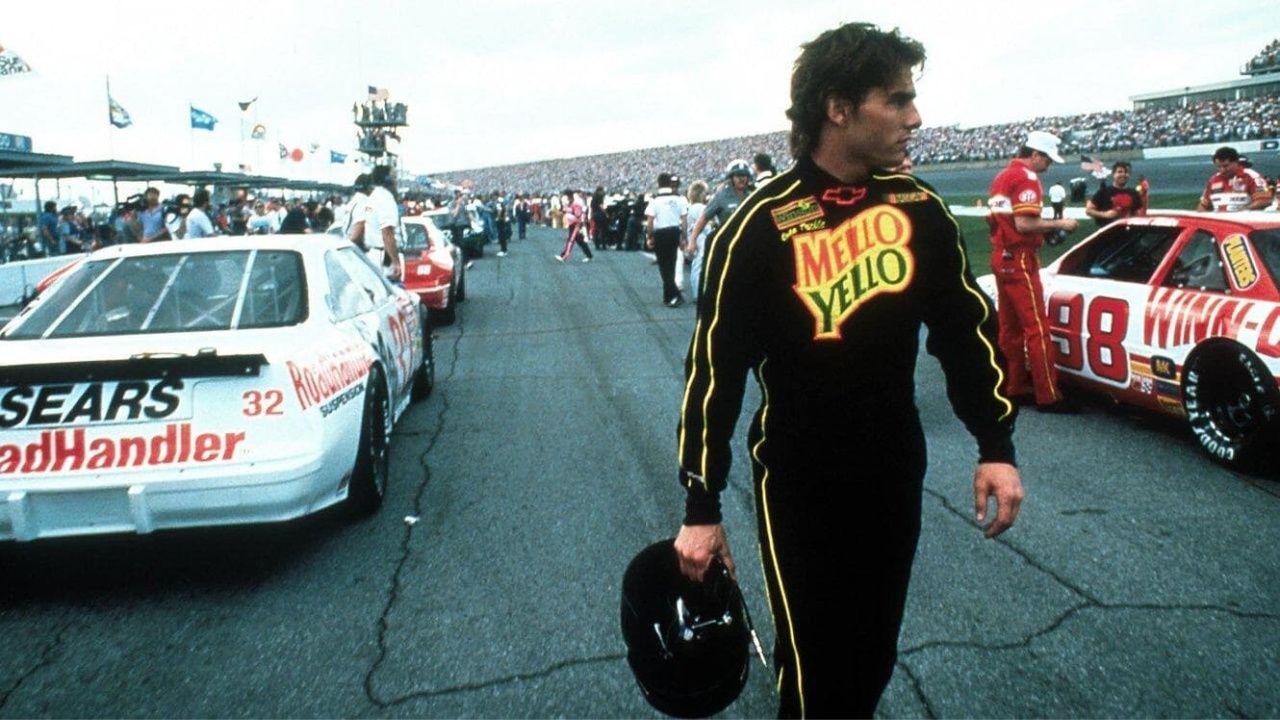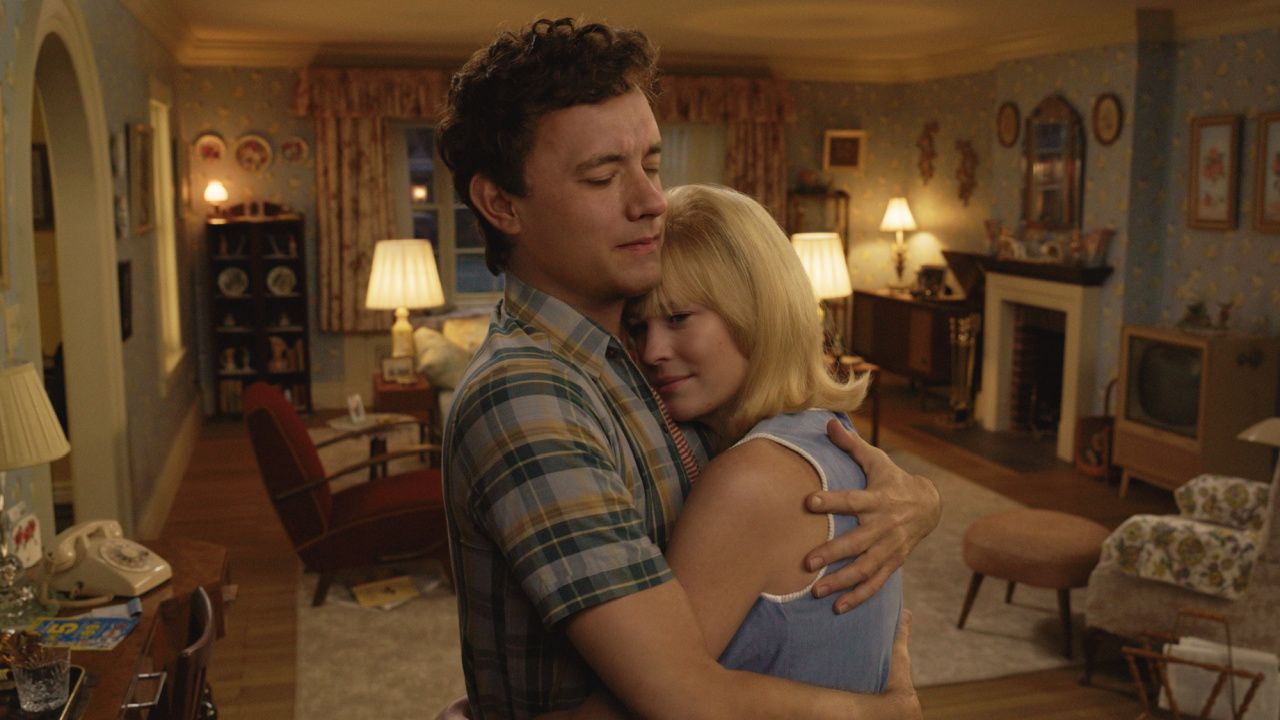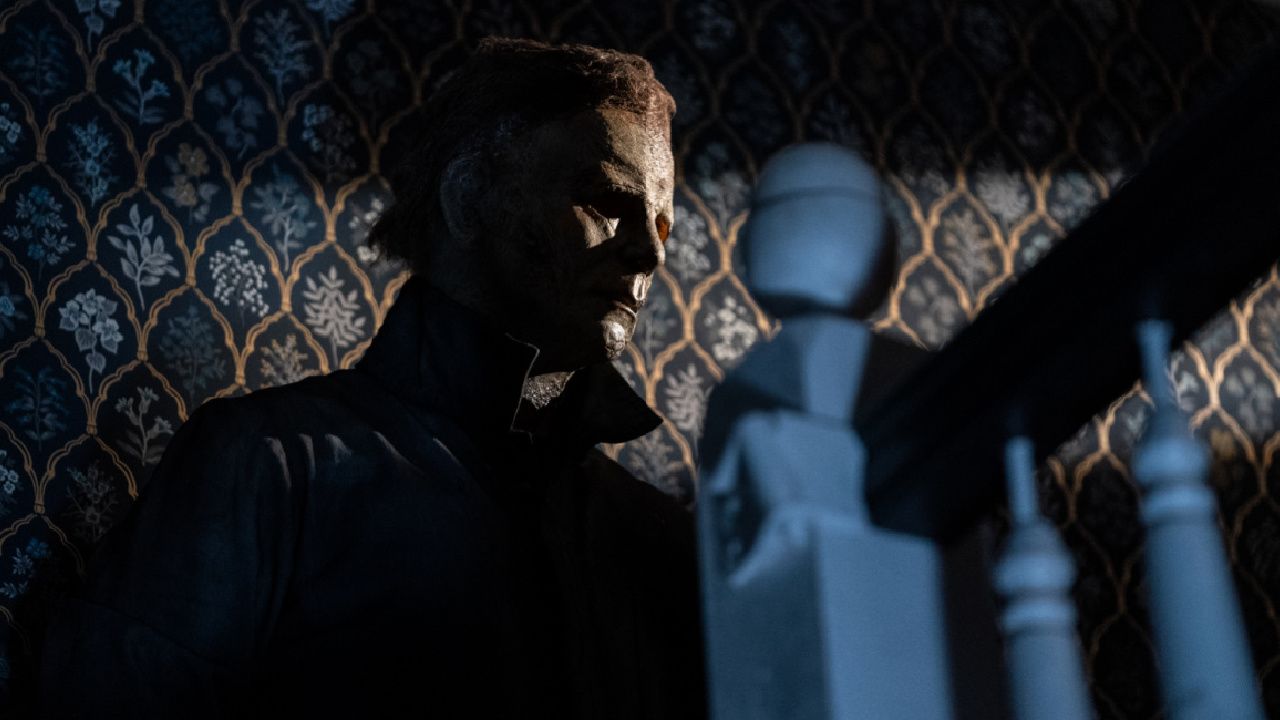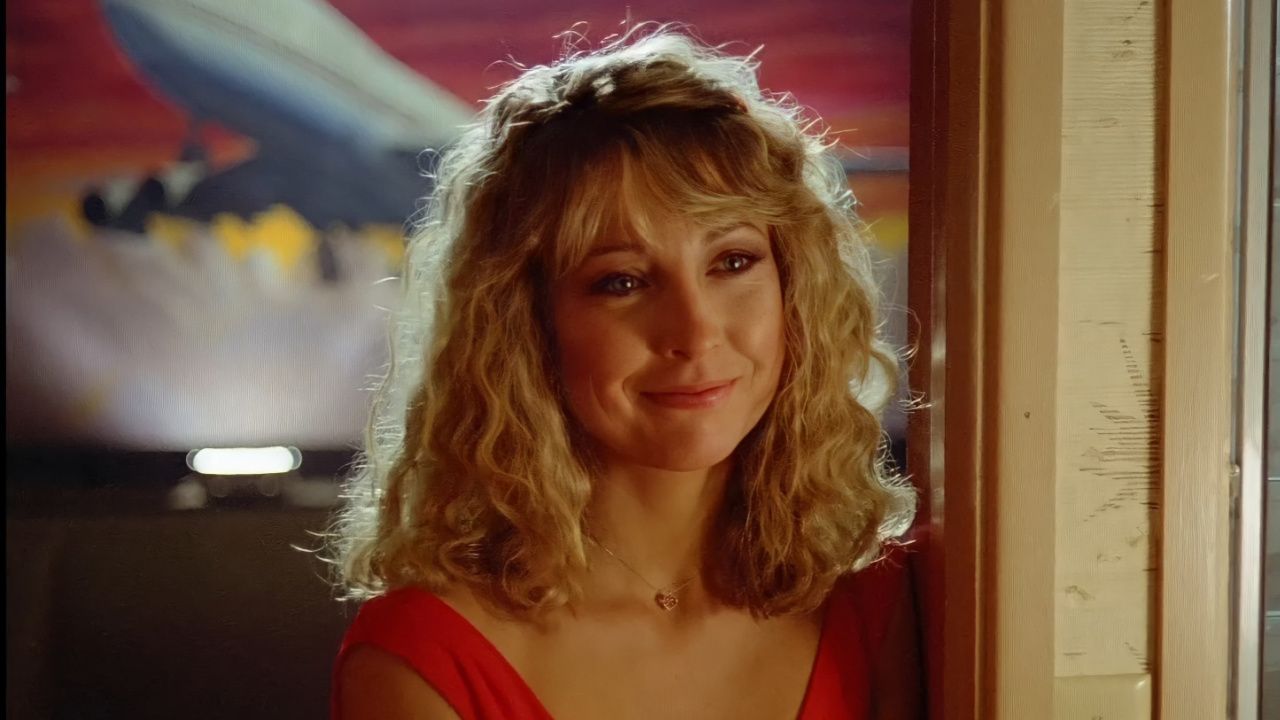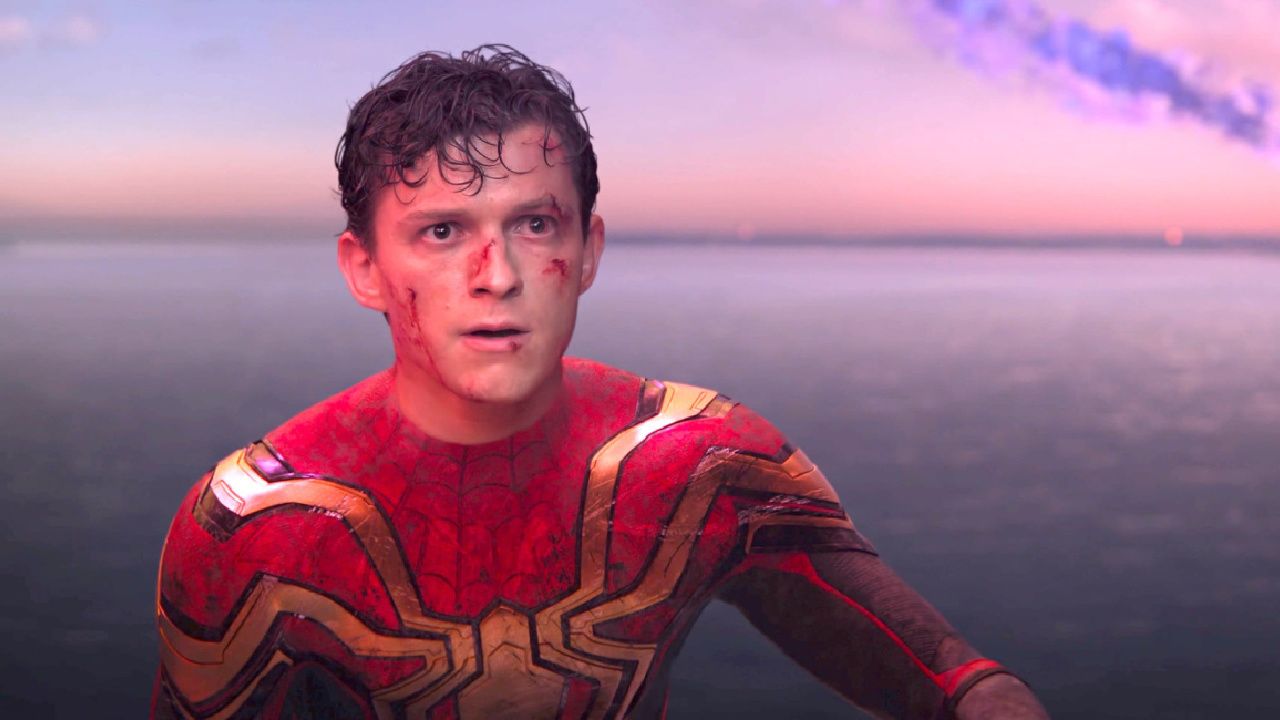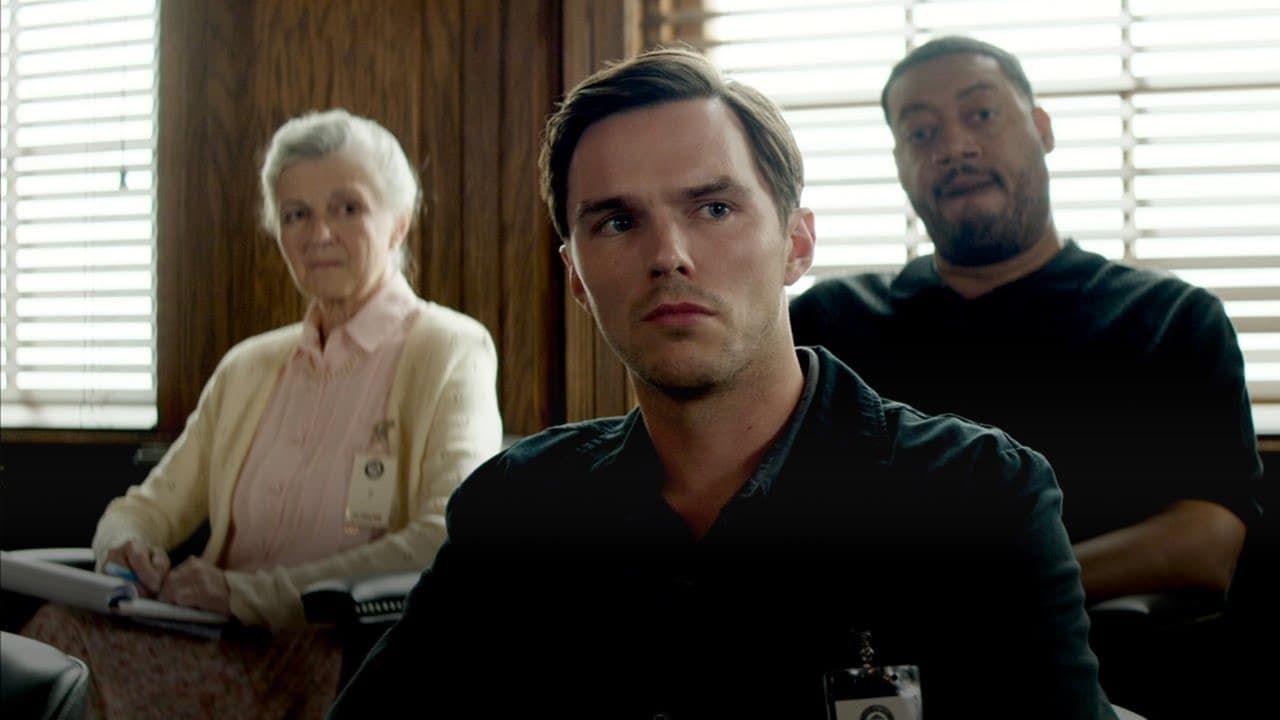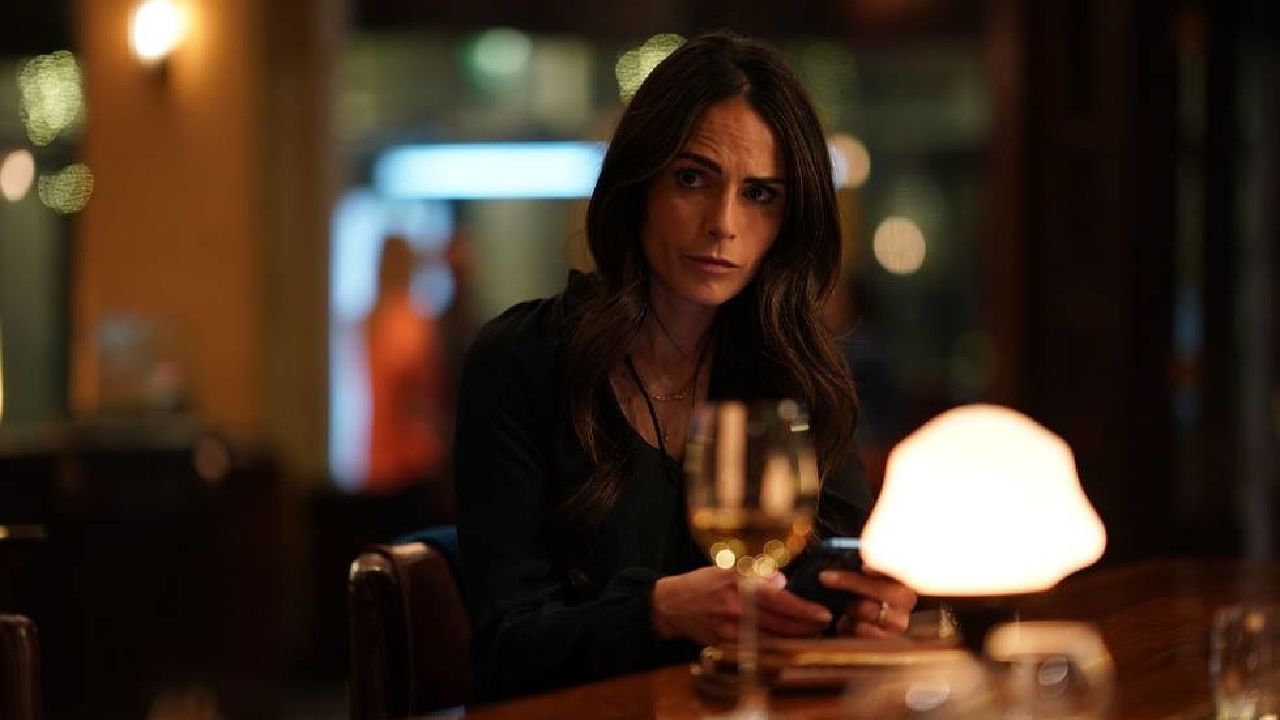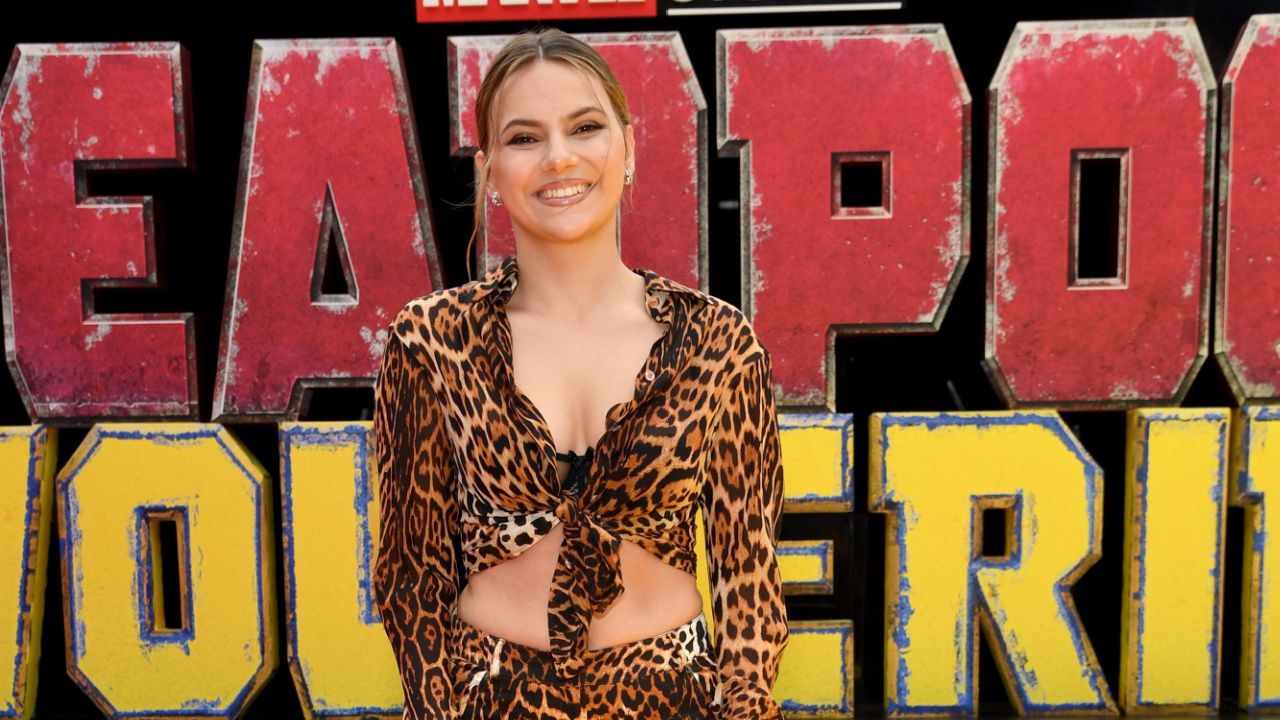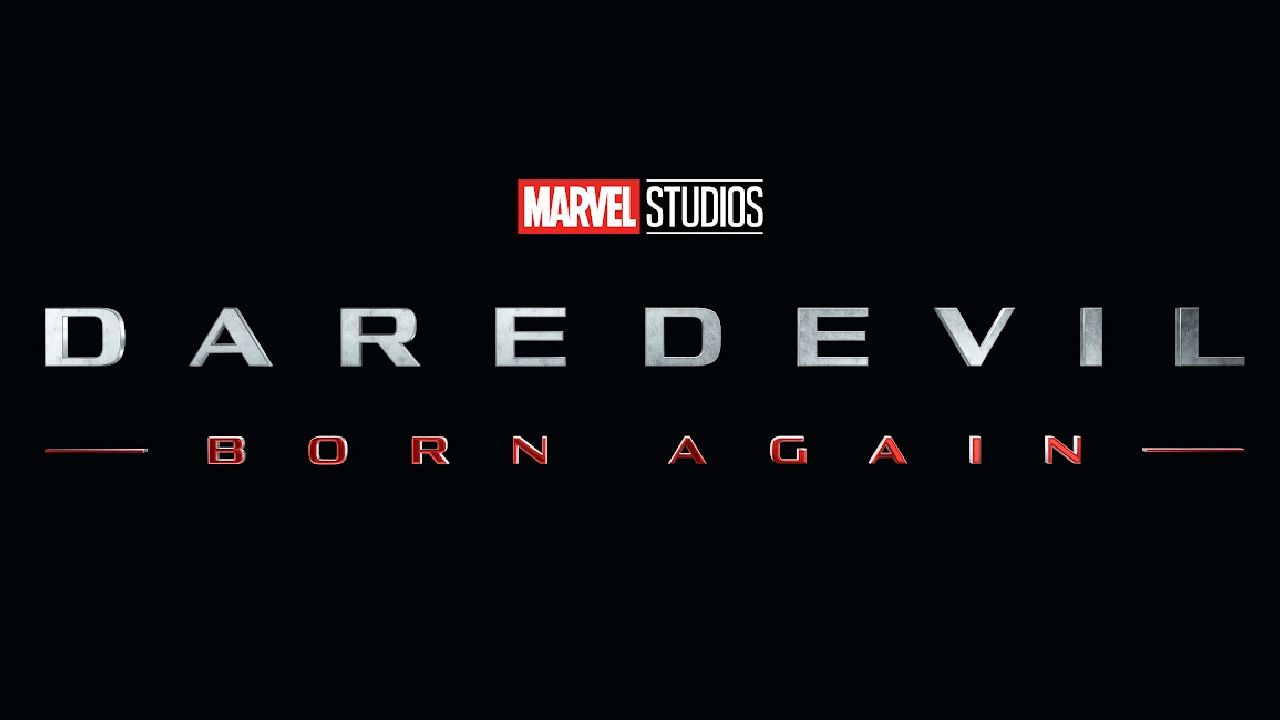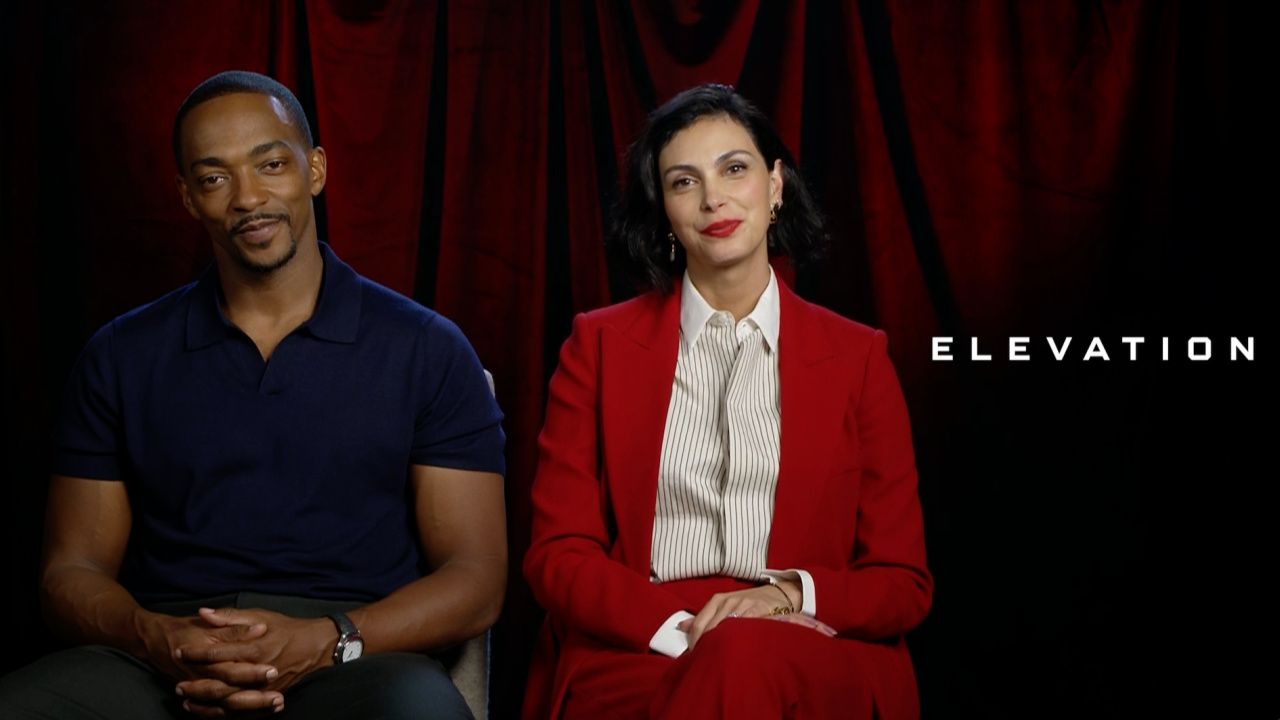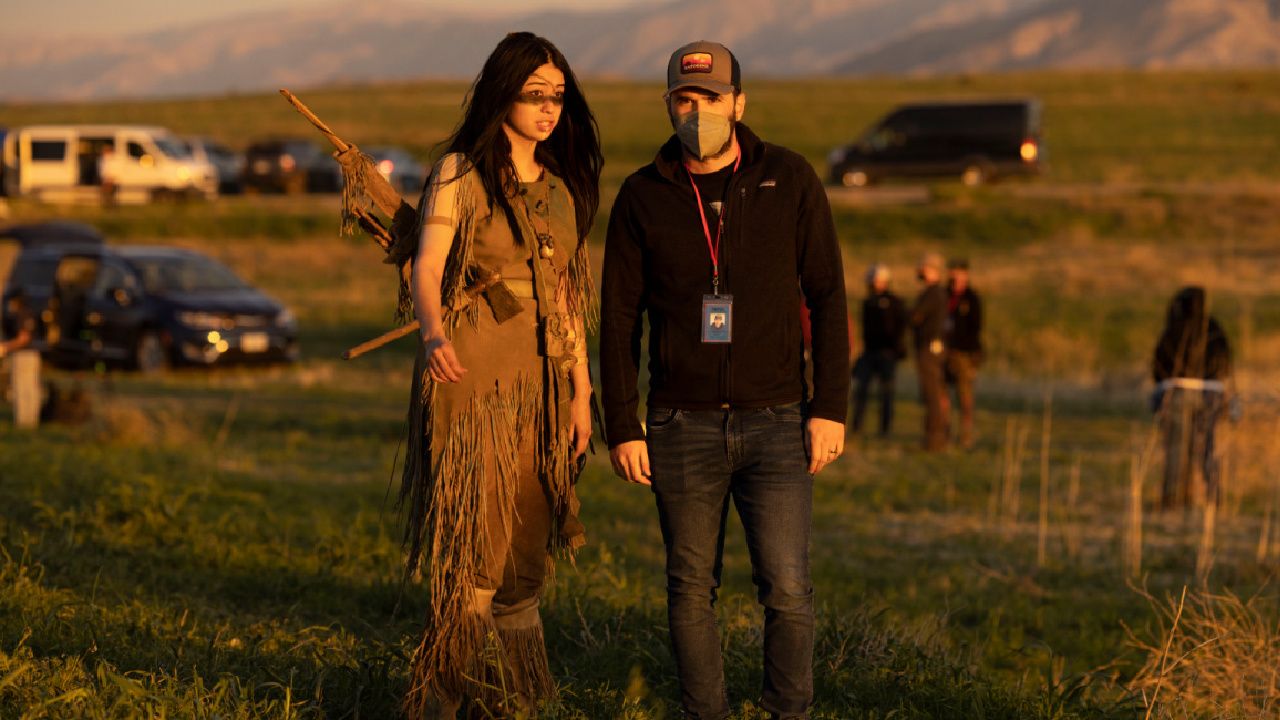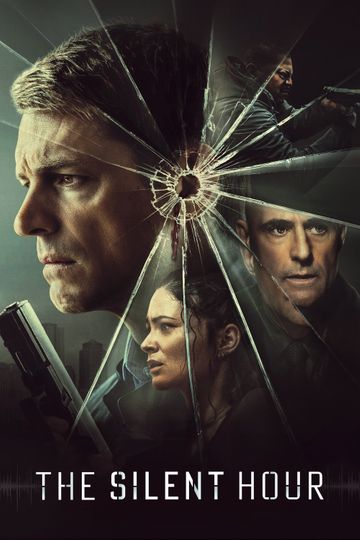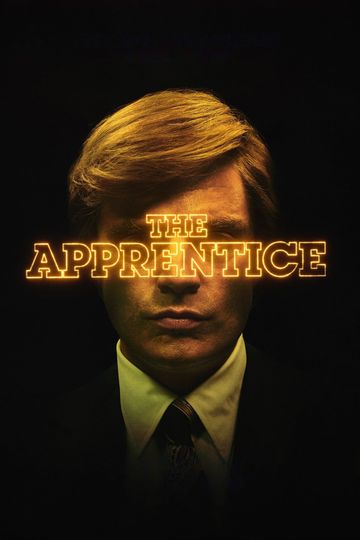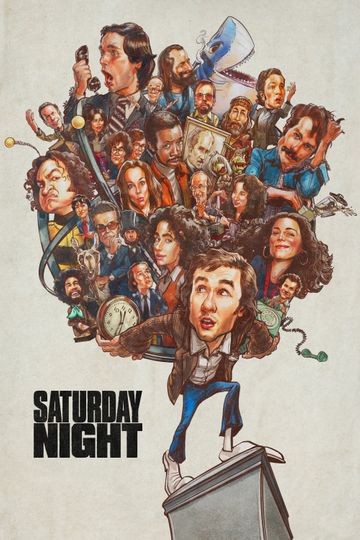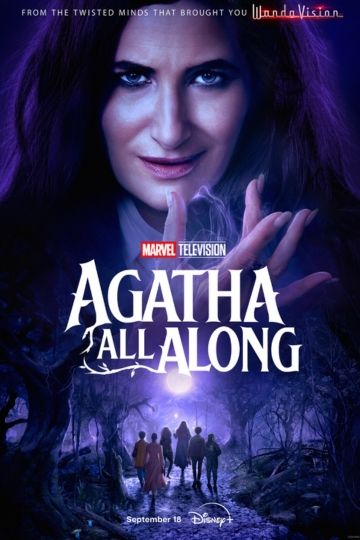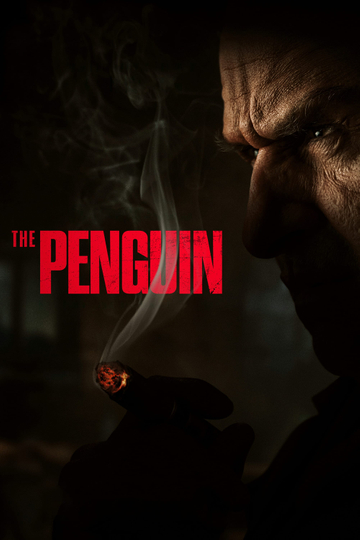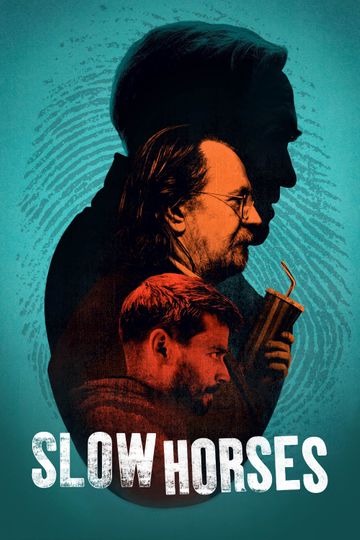'El Chicano' Creators Joe Carnahan and Ben Hernandez Bray on Crafting a New Kind of Hero
Joe Carnahan is one of those American auteurs whose detours and near-misses are sometimes just as exciting as the movies he actually made. The filmmaker behind “Smokin’ Aces,” “The Grey” and why-isn't-this-a-cult-classic-yet “Stretch,” has been linked to a number of storied projects that for whatever reason have failed to materialize, and in recent years has taken things back for himself, with a production company (War Party) and commitment to crafting smaller films and nurturing burgeoning talent, all of which comes to a head this week with the release of “El Chicano.”
A superhero film steeped in Mexican-American mythology, it follows an LAPD cop who assumes the role of a masked vigilante, as he investigates his brother’s apparent suicide and seeks to squash a potentially deadly turf war. It’s like “The Shadow” meets “Blood In, Blood Out.” And it’s really very cool, stylishly directed by longtime Carnahan confederate Ben Hernandez Bray and able to deliver the goods in a refreshingly no-frills fashion.
We were lucky enough to sit down with Carnahan and Bray and talk about bringing “El Chicano” to life, the potentially pitfalls of working outside of the studio, and why Carnahan’s next film, “Boss Level,” is his very best.
Moviefone: You’ve had an interesting history with superhero movies. How close did you get to “Daredevil?”
Joe Carnahan: Everybody says “oh it’s another Joe Carnahan movie that fell apart” … No, it's not. They gave it to me with only three weeks left in the option. So the option was going to revert back to Marvel anyway, so I was trying to put something together that had that kind of seventies vibe with the idea that Marvel would give Fox a little reprieve and they didn't do that.
It maybe doesn’t have as much of a superhero vibe as the trailers are suggesting but “El Chicano” definitely seems influenced by comic books. Can you talk about that?
Carnahan: “Daredevil” shows up in “El Chicano” in the comics for a very kind of subtle nod. But when I was a kid, the Frank Miller “Daredevil” run really changed me fundamentally. The death of Elektra was when I was a kid. It was like, what the f*ck? Because it felt like I crossed into this adult world. Comics were not supposed to be that grim and that brutal in that relentless and kind of remorseless. And I think it’s always been that way for me. Ben and I are both, at our core, punk rock guys. I think with “Boss Level” it’s the most I’ll ever lean into sci-fi but it’s much closer to what Tony did with “Deja-vu” than H.G. Wells “Time Machine.” “Heat” was a big influence on “El Chicano,” “Once Were Warriors” was a big influence, these “from the soil” types of movies. And Ben, being Mexican-American, had a whole other set of responsibilities that he felt – “American Me,” “Mi Familia,” “La Bamba.” There’s a whole other set of expectations that I was unaware of that he took on his back not necessarily voicing as much, just at some point be on the line. Let’s write a good script and make a good movie first and then that'll eventually emerge.
Did it always have this mythological element to it?
BenBray: We toned that down as much as we wanted to. We wanted the audience to help, they're a lot more intelligent. They are. They're smart. And I think that we wanted to have an opportunity for the audience to be a little bit more subjective and let them take the ride and let them figure it out. Okay. We only mess with the coloring of the knife, the smudge he is bit okay. So that maybe there's an element of it that gives him some extra little something, but we certainly didn't want, that's not the tail wagging the dog. We didn't want it that.
But he was always this ghost story that you’d heard about for decades?
Carnahan: Well, the original film … Lorenzo di Bonaventura pitched us that we should start the film 70 years prior. So we originally had it … and now it’s part of the storytellers thing that George and Raoul do … But the Zoot Suit Riots, the forced eviction of the Mexicans in 1958, the Chicano Moratorium, these were moments that we were going to “Zelig” or “Forrest Gump” into “El Chicano.” And then we got the bill for what that’d cost. Somebody said, “What separates you guys from ‘The Avengers?’” And I said, “Besides $350 million?” But we really wanted to make this something that was more of a breadbasket, simple, you understood, not like, “wow he can fly” or “he has invisibility.” We didn’t want that.
It’s interesting that this is coming out at the same time as “The Curse of La Llorona.” Do you think that audience is being underserved?
Bray: Oh my god yes.
Carnahan: Look at “The Curse of La Llorona,” makes $27 million powered largely by Hispanic audiences. 18% of the population is Latino, they account for less than 3% of speaking roles in Hollywood. One in four ticket buyers is Latino. That’s 25%. With a genre film, that’s close to 50%. You’re not creating content for that demographic? You’re not curating content for that theater going populous? I don’t get it. When we know that African Americans make up 10%, we know Asian Americans make up 7%, look at “Black Panther” and “Crazy Rich Asians.” There’s absolutely an example there. And you just have to give them the goods. That’s what I think the movie does, is give them the goods.
On a production/distribution end, is this an attempt to take on the larger distributors?
Carnahan: Yes. I think it was everybody said no, and their reasons for saying no, I think we found to be egregious bullsh*t. And it's was like, wait, why? Because you don't know how to promote an all-Latino cast, you know? But the movie is the movie and the movie plays, whether there's brown faces up there or black faces up there or white faces up there. The movie just plays. So I think we were more fixated on that. Despite the tragic conditions that this story came from with Ben, the very deeply interpersonal things that he'd dealt with that gave rise to the story. But it’s still designed to be a mainstream populist piece of filmmaking. So that to me is important.
Have you guys thought about where this story could go?
Bray: Oh yeah it could go all over the place.
Carnahan: And spinning it off into a larger … doing “La Chicana.” What’s wrong with creating an alternative to the MCU and these gigantic, elephantine franchises? I think now is certainly the time and there’s certainly room.
Did the movie change at all? Because it premiered last year at the Los Angeles Film Festival.
Carnahan: It might have been trimmed a smidge.
So what was that journey like?
Carnahan: It was done. Ben and I kept hearing “it needs to be shorter, it needs to be shorter.” Okay, we’re going to make it shorter, I get it.
Bray: Yeah, we had a version that was 14 minutes longer.
Carnahan: Yeah I told him that years from now when you show that version at UCLA, they’re going to go, “This one’s better than the original!” You never know. But a lot of it was trial and error. When you’re paying all the bills and have raised all the money on your own. There’s no entity behind this writing these checks. So it’s not a traditional structure. Because that traditional hierarchy said no. They said no to a good script and a good movie. So that’s where we are.
Well, Joe, you’ve had a really fascinating relationship with the studio system. Has that evolved or changed?
Carnahan: It's evolved beyond my need or want to engage it in its current iteration. Meaning if you just want to make $200 million superhero films or $2 million horror films. It’s a little tough for me to kind of wrap my head around. That's obviously a very broad generalization, but I don't want to do the movie star mambo anymore. I don't want to do that dance. I've done it now three times now unsuccessfully. Harrison Ford, Tom Cruise, Will Smith. I did it and I think that clearly I had an inability or inefficiency that won't allow me to kind of press through that stuff. I think if I just disengaged and went in more as a director, then I wouldn't feel that the necessary things that I would need to feel to direct it effectively.
“The Blacklist” pilot was something I didn't write. But by and large, every movie I've ever worked on, I've had a hand in, I've written. I think that's also a big part of it. I need to feel some proprietary sense, some preexisting sweat in a project that I can kind of continue to push forward. I don't mind working with the studios. I love the studios. I just want to do it on our terms and not exclusively theirs.
Well, it's been too long since you've directed a movie.
Bray: Get ready for “Boss Level.”
Carnahan: By the way, it's, it's the, it's my best film. “Boss Level” exists somewhere between “Smokin’ Aces” and “The Grey.” It’s not as cynical as either one of those films. And our DP said, “That movie is funny as hell until it’s not. And then it’s even better.”
“El Chicano” is out everywhere tonight.












